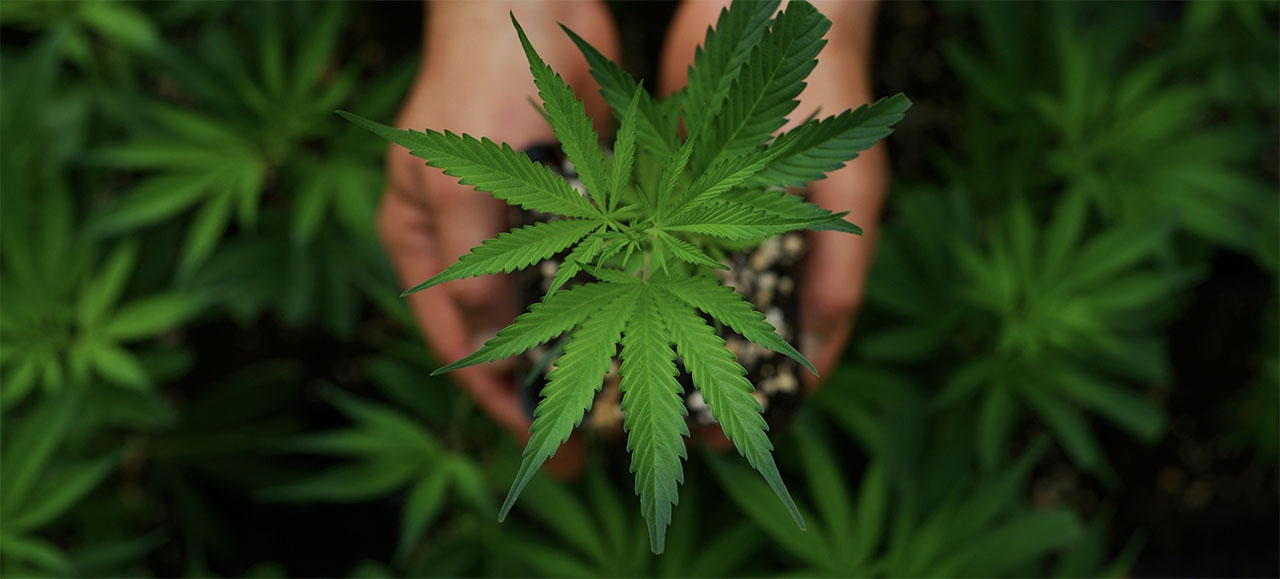Full Spectrum vs. Broad Spectrum CBD Explained
Introduction:
In the world of hemp products, terms like "full spectrum" and "broad spectrum" are often used, but what exactly do they mean? If you're on a journey to explore the benefits of hemp, understanding the differences between these two spectrums is essential. This article will delve into the nuances of full spectrum hemp and broad spectrum hemp, helping you make informed choices that align with your wellness goals.
Full Spectrum CBD:
Does full spectrum CBD have THC? Full spectrum CBD refers to an extract that captures the full range of naturally occurring compounds within the hemp plant. This includes cannabinoids like CBD, CBG, and trace amounts of THC, as well as terpenes, flavonoids, and other beneficial elements. The combination of these compounds can lead to what's known as the "entourage effect," where they work together synergistically to enhance each other's potential benefits. It's important to note that full spectrum CBD might contain up to 0.3% THC, (within the legal limit).
Broad Spectrum CBD Oil:
Broad spectrum CBD occupies a space between full spectrum and CBD isolates. Like full spectrum, it contains a variety of cannabinoids, terpenes, and flavonoids. However, it undergoes an extra step to remove or significantly reduce the THC content, ensuring it falls below detectable levels. This means individuals can potentially experience the entourage effect without any THC exposure.
Key Differences:
THC Content:
The primary distinction between full spectrum and broad spectrum CBD is the THC content. While full spectrum CBD may contain trace amounts of THC, broad spectrum CBD is meticulously crafted to contain no detectable THC. This is a crucial consideration for those seeking the benefits of CBD without THC's effects.
Entourage Effect:
Both full spectrum and broad spectrum CBD offer the potential for the entourage effect, where the compounds collaborate to amplify each other's effects. Broad spectrum CBD allows individuals to experience this synergy without any risk of THC influence.
Legal Considerations:
Due to its trace THC content, full spectrum hemp extract may raise concerns in regions where THC is regulated. Broad spectrum hemp, on the other hand, provides a solution for those who want to avoid any potential legal issues related to THC consumption.
Choosing Between the Two:
The choice between full spectrum and broad spectrum hemp depends on your personal preferences and needs. If you're seeking the potential benefits of various hemp compounds, including THC, and are in a region where it's legally acceptable, full spectrum may be suitable. Conversely, if you want to avoid THC while still experiencing the entourage effect, broad spectrum is a wise choice.
Understanding the distinction between broad spectrum CBD vs full spectrum CBD empowers you to make well-informed decisions on your wellness journey. Whether you're intrigued by the collaborative potential of multiple cannabinoids or wish to avoid THC altogether, both spectrums offer unique advantages. Prioritize products from reputable brands that transparently communicate their extraction processes, testing protocols, and spectrum types. As you navigate the spectrum, remember that individual responses vary, so finding what suits you best might involve some experimentation.
Although responses to CBD are individualized, rest assured that your journey is anchored in informed choice.




